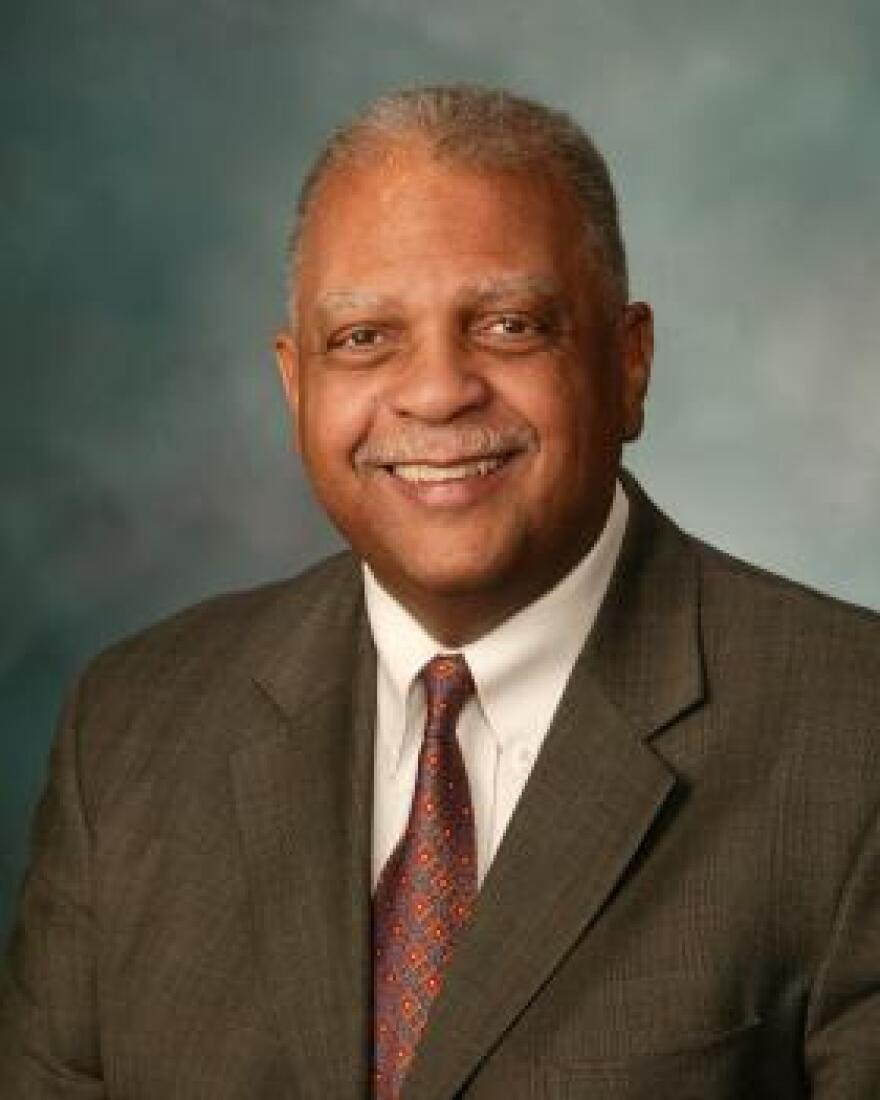After four years on the job, Monday is officially Gregory Thornton’s last day as superintendent of Milwaukee Public Schools.
There are various ways to measure the school district’s success during Thornton’s tenure – graduation rates, the number of students who go on to college, enrollment trends.
But the one measure that seems to matter most is achievement – how many kids can read and do math at grade level? In MPS, only 16 percent of students are proficient in reading, and 20 percent in math.
“That change takes time and what I’m very happy to say is that the trend data is moving in the right direction,” Thornton said in an interview with WUWM in May.
In the past, he’s talked about the challenges he’s faced, including serving many students who live in poverty or have special needs, steep cuts in state aid and growing competition from charter and choice schools. Still, MPS has made gains.
Reading proficiency, for example, has gone up two percentage points since 2009. Each of those points represents hundreds more students meeting standards.
Thornton says no one argues the rates are acceptable, but he believes recent initiatives will gradually boost the numbers. Those steps include enacting a common curriculum for reading and math and hiring nearly 150 art, music and gym teachers.
“We believe the strategic moves we’ve made around comprehensive literacy, integration of math and science, the work around really common assessments and now the work around creating a balanced instructional program, a standard of care, what we would call it, is the next step,” Thornton says.
Meanwhile, Thornton says MPS has cut its suspension rate from 26 percent to 15 percent since 2007. He also touts the district’s work in guiding students toward college and careers. But Thornton won’t be around to guide future initiatives. He’s leaving the district to become CEO of Baltimore Public Schools.
Bob Peterson, president of the Milwaukee Teachers Education Association, welcomes the change in leadership here. The MTEA is the local teachers union.
“I think my biggest disappointment was the failure of the superintendent and his top leadership to draw on the strengths of the employees, the parents and the principals at the schools,” Peterson says.
Peterson says Thornton’s top-down approach to management and his drive to standardize curriculum squashed creativity and forced educators to focus excessively on testing and collecting data.
“I think what we see with Dr. Thornton is typical of many superintendents, in terms of, they’re in a tough situation, they want to accomplish a lot, but in so doing, forget that collaboration and working together with the people who are actually doing the work on the ground is the best way to get there,” he says.
While Thornton has his critics, he also wins praise from some parents.
Angela McManaman has three children in the city’s public schools and serves with the group, Parents for Public Schools of Milwaukee. She says losing the art, music and gym teachers a few years ago due to budget cuts, was devastating.
“We sent the teacher off and it was very hard kids cried and parents cried and I know for a lot of parents that was a moment for them to decide to leave the district,” McManaman says.
McManaman says the decision by Thornton and the school board to hire back specialty teachers makes a huge difference for kids. She also credits the outgoing superintendent for landing a $20 million dollar grant from the GE Foundation to help struggling schools, and for better marketing MPS.
“Accomplishments like that can’t be overlooked, and I think another superintendent working with great teachers, working with empowered and engaged parents, can achieve similar successes,” McManaman says.
The Milwaukee School Board has said it will conduct a national search for a new superintendent, and the process could take up to a year. In the meantime, Darienne Driver will serve as interim superintendent. She’s been the district’s chief innovation officer, the person charged with boosting achievement in low-performing schools.




